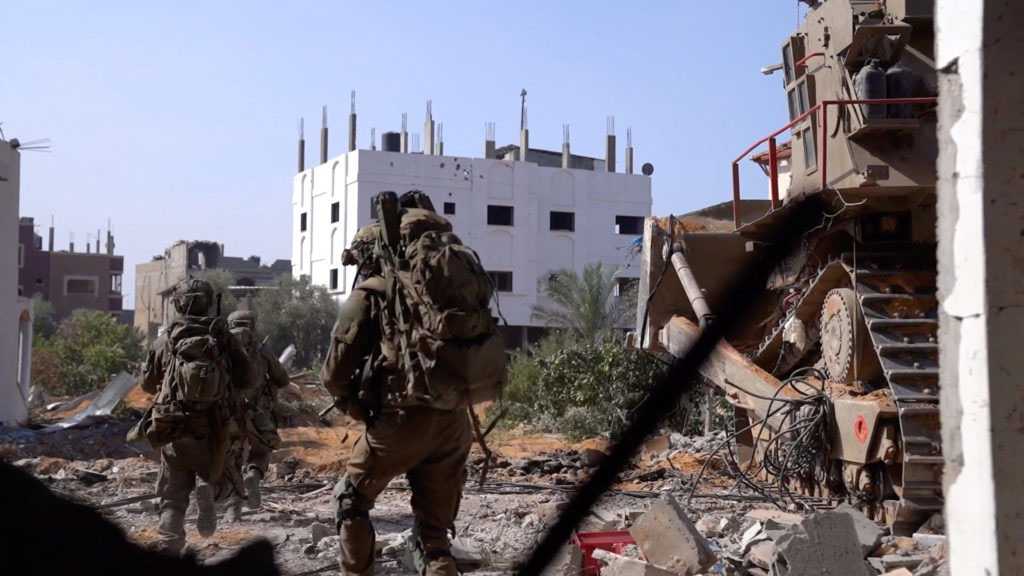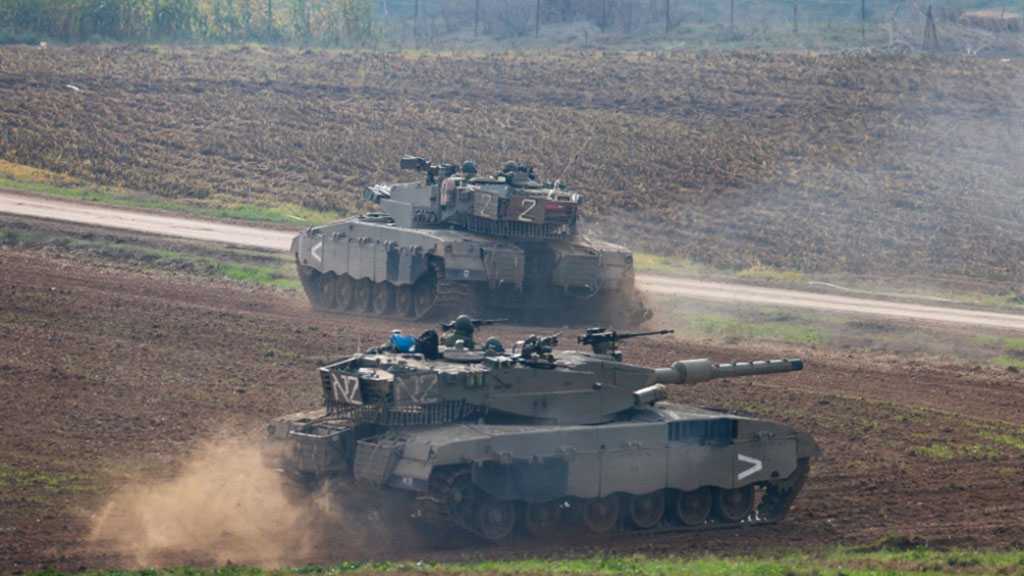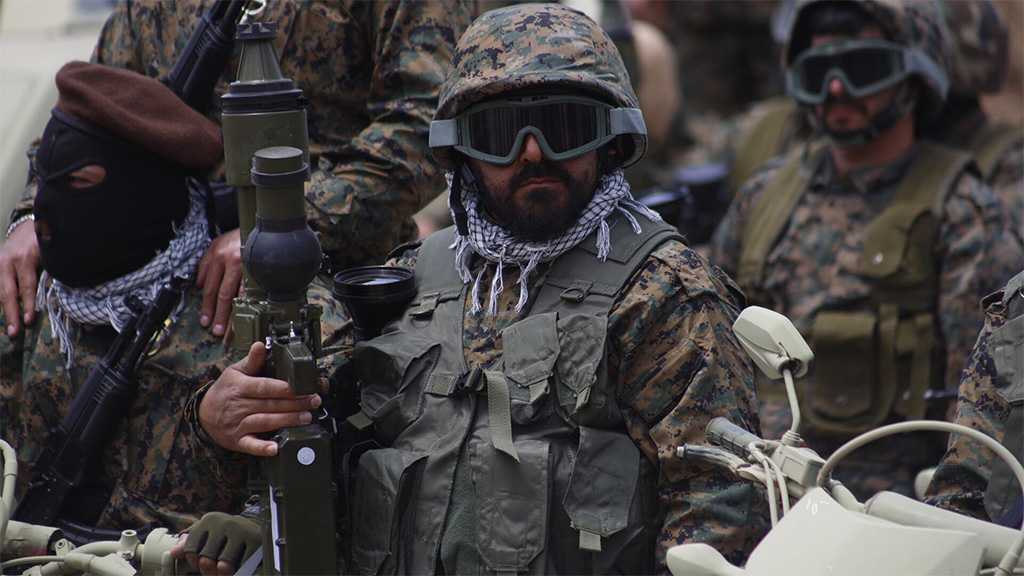
The New East...
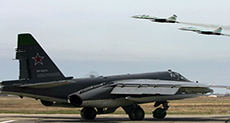
Ibrahim Al-Amin
The warring parties continue to be preoccupied in their search for the causes of the wide-scale Russian intervention in Syria. However, work continues, diligently, between experts from Russia, Iran, Syria, Iraq and Hizbullah, and discussion continues regarding battle plans for both Syria and Iraq.
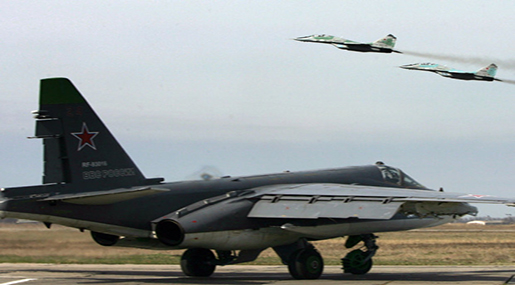
Although the general stance on the Arab, regional, and international levels towards the government in Iraq does not match the [general stance] towards the government in Syria, the new coalition is dealing with the situations in Damascus and Baghdad within one context, [characterised by] the fight against the same enemy, despite the agreement of all that there exist two separate sensitive issues.
The one context, and apparent truth, is that the new coalition, voluntarily or forcibly, and in accordance with its perspective and interests, or in accordance with the aspirations of its allies, finds itself obliged to act in order to protect the sovereign unity of Iraq and Syria. Without ambiguity, the coalition is working to enforce allies in positions of influence within the state and society in the two neighboring countries.
Furthermore, whomever understands the significance of the coordination between the two countries and the fact that they both hold the same enemy, knows that the tune of the "effective state" or "appropriate regions" does not exist except in the minds of enemies who seek to divide Syria and Iraq, or in the minds of fatigued friends.
It is sufficient to review the map and see the requirements needed for striking the terror state ["Islamic State"], for it to become clear, for those who wish to know, that the issue will not end until the governments of Damascus and Baghdad take complete control of the entire east of Syria, and the entire west of Iraq, just as the protection of the two capitals and highly populated regions requires the coalition's full control of southern and northern Syria. Similarly, the protection of the central authority in Baghdad requires limiting Kurdish transgressions, which are inconsistent with the interests of the Syrian and Iraqi peoples.
The battle, of which a new chapter has begun, is aimed at restoring central control over the entire territory of Syria and Iraq in the not too distant future. This simply means, that besides what is being prepared for on the battlefield, the political discourse, as well as the socio-economic context of the battle, requires that the isolationist tendency present among allies as well as among opponents, should again be abandoned.
Wars such as these taking place in Syria and Iraq, wherein civil [war] intertwines with national [war], and in which the people of the country, as well as neighboring, regional, and world powers participate, manifest signs of social division itself in many ways - most notably today - through the sectarian and religious elements. These elements are undoubtedly based on a religious culture that built upon the mutual fear of exclusion.
In such an atmosphere, participatory discourse retreats, and collective national identity becomes merely rhetoric that adorns the speeches of leaders and political figures. However, in the case of Syria and Iraq, where the division is at its peak, and where the defenders of the unity of both countries fight neo-colonialism, the need stands, day after day, for an Arab identity, and nothing but. Let he who possesses another recipe present it to the people.
What is occurring today in Syria, Iraq, Yemen, and Libya, gives us sufficient lessons on the difficulty of secession, or the emergence of isolationist federations. Even the Kurdish experiment with independence is based on blind subordination to a powerful outside, [the Kurds] appearing feeble with "ISIL's" first attack that targeted Arbil. Whoever requires more examples, we in Lebanon offer the experience of six decades of fighting on divisive grounds and isolationist tendencies. Neither the sectarian system of 1943 or 1990 succeeded in bringing various groups together, nor did seeking the help of outside powers [whom it was hoped would] impose a stable situation.
In the coming days, we will witness a new tempo in the battles in Syria and Iraq. All sides will find themselves before realities of a different kind. None will be able, unfortunately, to suffice themselves with counting the numbers of victims and losses, but rather, everyone will be forced to do what they see fit for themselves.
New challenges lie ahead of the opposing coalition, from the terrorist groups in Syria and Iraq, to regional states, to Turkey and the enemy state ["Israel"], to the Emirates and kingdoms of oppression in the Arabian Peninsula [Saudi Arabia], to the West itself, both to Europe and America.
All of these cannot suffice themselves today with issuing statements, speeches, and stances, and exercising helpless diplomacy. Even operational participation will incur direct costs, and anyone who sends a bullet to Syria should brace for its direct repercussions on his country and people. By the way, this challenge also includes Russia and Iran, as well as Hizboullah in Lebanon, but the difference is that the supporters of the opponents of state in Syria and Iraq enjoyed calm during the previous period, a calm that is today nearing its end.
This requires extremely large capabilities, time, and sacrifice. We will be before various battlefield experiences that differ from those of the past. As for the goal, it is to bring about radical changes on the ground in all of Syria and Iraq, within the context of building the new East... the real, new East, regardless whether we win the battle or not!
Source: al-Akhbar Newspaper, Translated and Edited by website team
